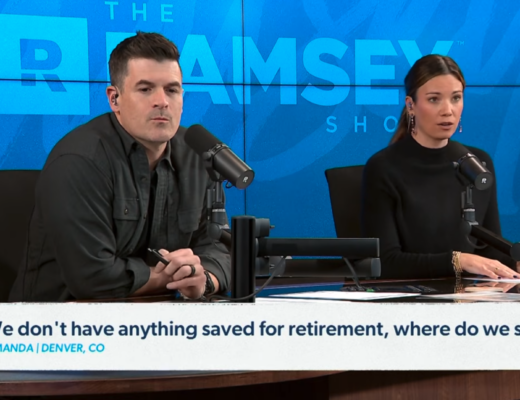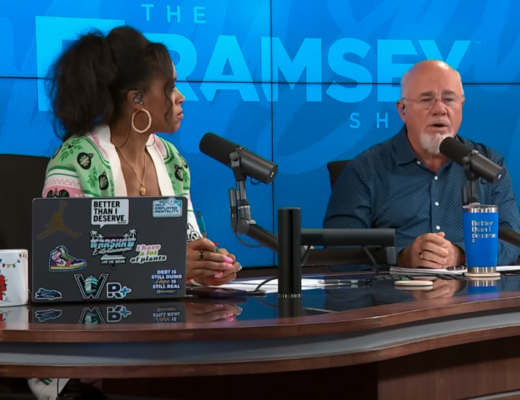Financial recovery and addiction don’t mix well. I recently encountered a situation that perfectly illustrates this challenging dynamic—a couple making impressive progress on their debt journey while simultaneously battling addiction issues that threaten their financial stability.
This couple had paid off an impressive $45,000 of their $71,000 debt in just two years—a remarkable achievement by any standard. But their progress was being undermined by the husband’s spending habits tied to his alcohol and cigarette addiction. Despite having a $500 monthly allowance, he consistently overspent and repeatedly asked for more money.
I believe this situation highlights a critical truth: you cannot budget your way out of an addiction problem. When substance dependency enters the equation, traditional financial advice needs significant modification.
When Financial Management Becomes Enabling
The wife’s approach—calculating exactly how much her husband’s beer and cigarettes would cost and budgeting for it—reveals a common misconception. She believed the problem was simply about staying within budget rather than addressing the underlying addiction.
This is a form of enabling that I see frequently in financial counseling. When we budget for harmful habits, we’re not solving problems—we’re financing them. Giving $500 monthly to someone struggling with alcohol dependency isn’t financial management; it’s providing resources for self-destructive behavior.
Their marriage counselor had advised the wife not to give in when her husband asked for more money. While this is a step in the right direction, it doesn’t address the core issue: why are they budgeting for addiction in the first place?
The Prerequisites for Combined Finances
Successful joint finances require four essential elements:
- Open communication about money matters
- Trust in each other’s financial decisions
- Unity in financial goals and priorities
- Alignment on spending values and habits
Addiction makes these prerequisites impossible to achieve. The husband in this scenario cannot be a trustworthy financial partner while in the grip of dependency. His addiction prevents the communication, trust, and alignment necessary for healthy combined finances.
This doesn’t mean permanent financial separation, but rather a temporary measure until the addiction is addressed. Financial boundaries aren’t punishment—they’re protection for the entire family.
Recognizing When Habits Become Addictions
The wife mentioned her husband considers his drinking just a “habit,” not an addiction. This denial is common, but there’s a simple test that cuts through the semantics: when someone cannot stop a behavior that’s harming their relationships and finances, it’s no longer just a habit.
If your spouse continues a behavior after you’ve expressed how it makes you uncomfortable, causes financial strain, or affects your relationship, that’s a clear sign of dependency. The inability to control the behavior despite negative consequences is the hallmark of addiction.
What makes this situation particularly concerning is the presence of two toddlers in the home. Financial instability caused by addiction doesn’t just affect the couple—it impacts their children’s security and future.
Taking Necessary Action
Based on this situation, I recommend several immediate steps:
- Complete separation of finances until addiction recovery shows significant progress
- Freezing the husband’s credit to prevent unauthorized spending
- Immediate enrollment in Alcoholics Anonymous or a similar support program, and if dependence is severe, consider a medically supervised alcohol detox.
- Continued marriage counseling with a focus on addiction’s impact
- Full financial transparency without direct access to funds
The wife needs to recognize that she’s currently the only functioning financial adult in the relationship. This isn’t about control—it’s about protection. By maintaining firm boundaries, she’s not just safeguarding their financial progress but potentially saving her husband’s life and her children’s future.
Financial recovery requires difficult decisions. Sometimes the most loving thing you can do is to stop financing destructive behaviors, even when it feels harsh in the moment. True financial healing can only begin when the underlying issues are addressed directly rather than budgeted around.
The impressive debt payoff this couple has achieved shows they have the discipline and determination to succeed. Now they need to apply that same resolve to addressing the addiction that threatens to undermine everything they’ve worked for.
Frequently Asked Questions
Q: Is it ever appropriate to budget for a spouse’s addiction?
No, budgeting for addictive substances or behaviors is a form of enabling that perpetuates the problem. While it might seem like a way to control spending, it actually finances self-destructive behavior and delays necessary treatment.
Q: Should couples always separate finances when addiction is involved?
Temporary financial separation is often necessary when addiction is present. This isn’t a punishment but a protective measure until the person demonstrates consistent recovery and can become a trustworthy financial partner again.
Q: How can someone support their spouse’s recovery without enabling them?
Supporting recovery means encouraging professional help, attending support groups, maintaining clear boundaries, and not providing resources that fund the addiction. Offer emotional support while being firm about financial boundaries.
Q: Can financial problems caused by addiction be fixed without addressing the addiction first?
No, attempting to fix financial issues without addressing the underlying addiction is like patching holes in a sinking boat without plugging the main leak. Recovery from addiction must be prioritized for any financial plan to succeed long-term.







